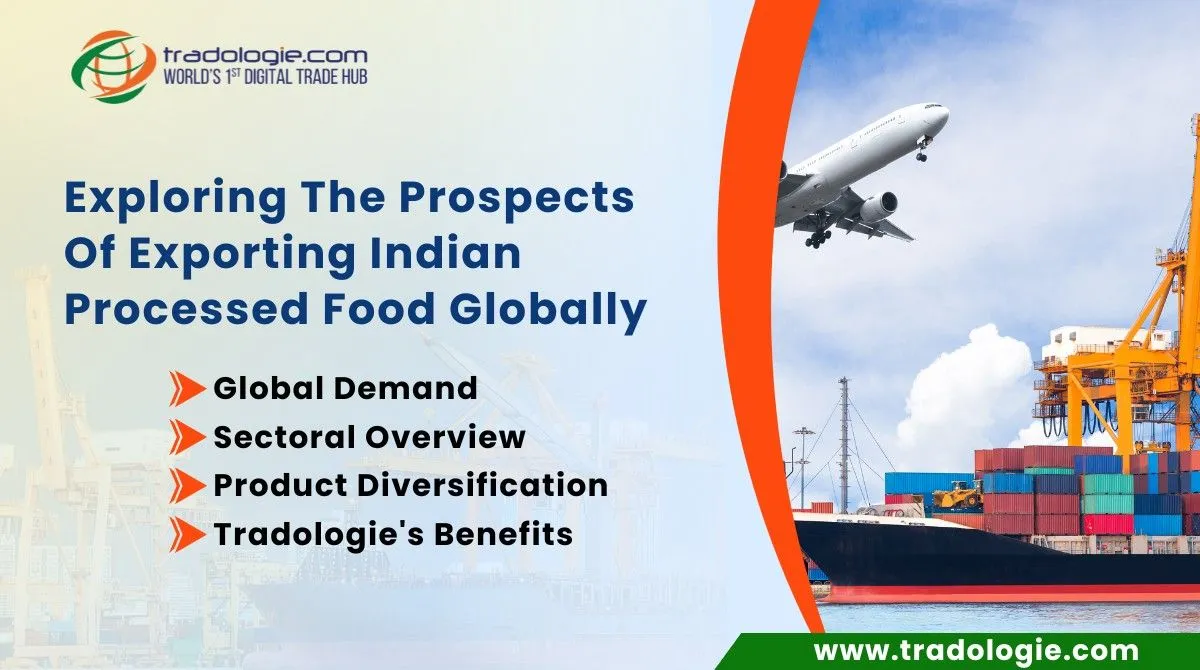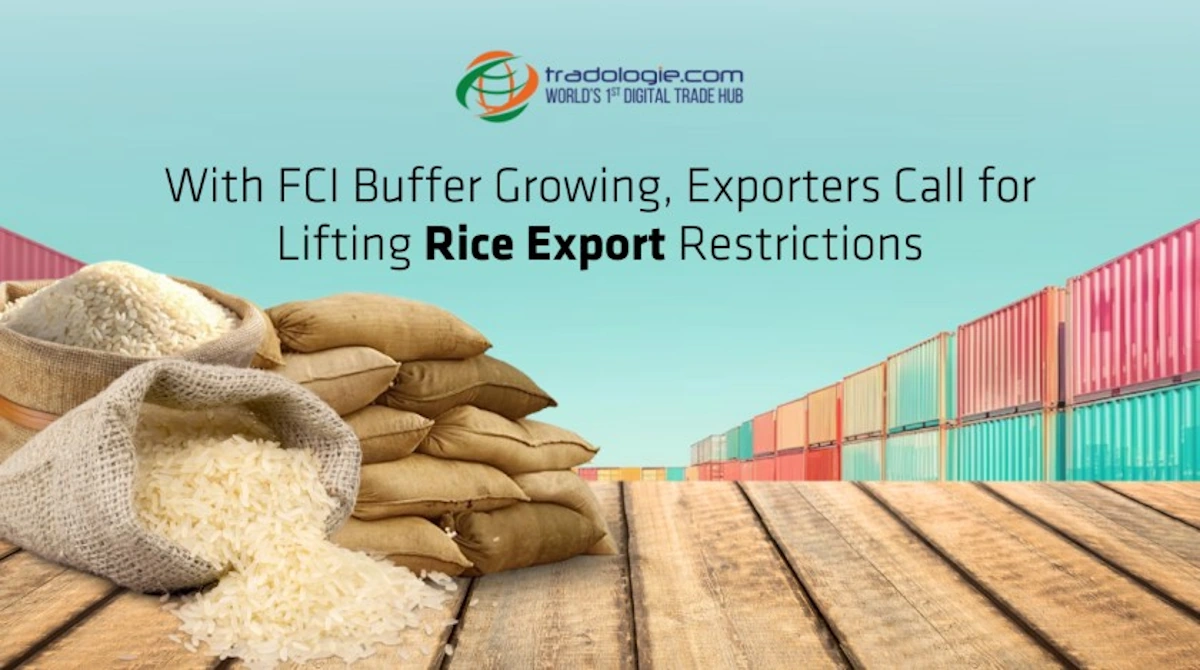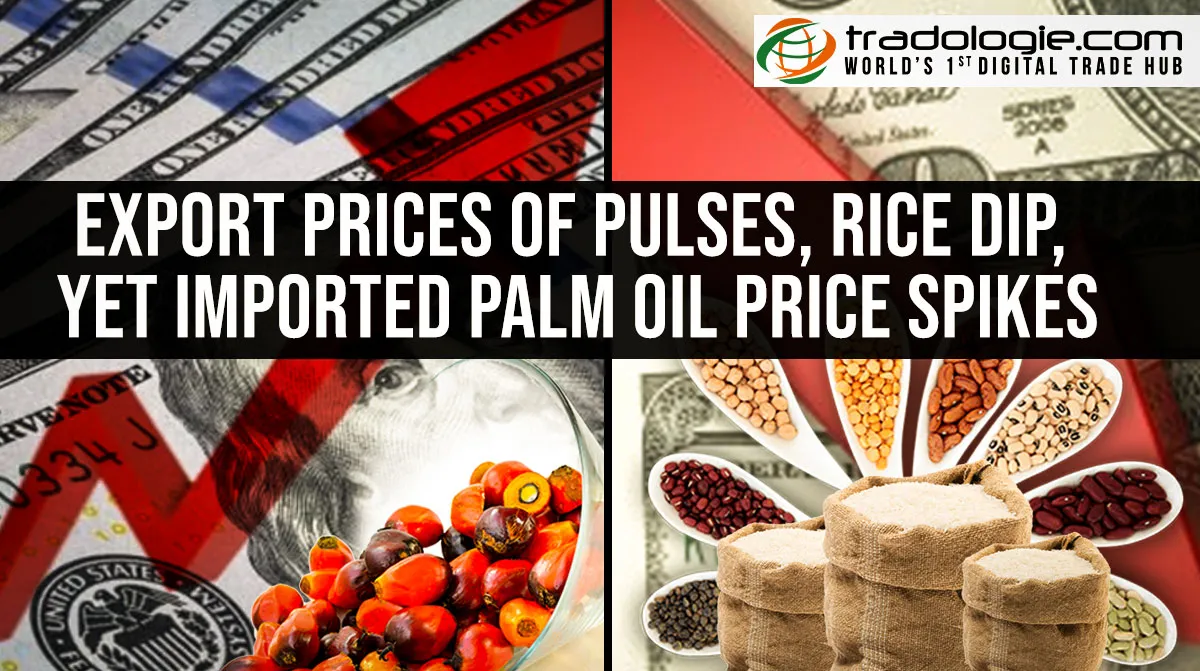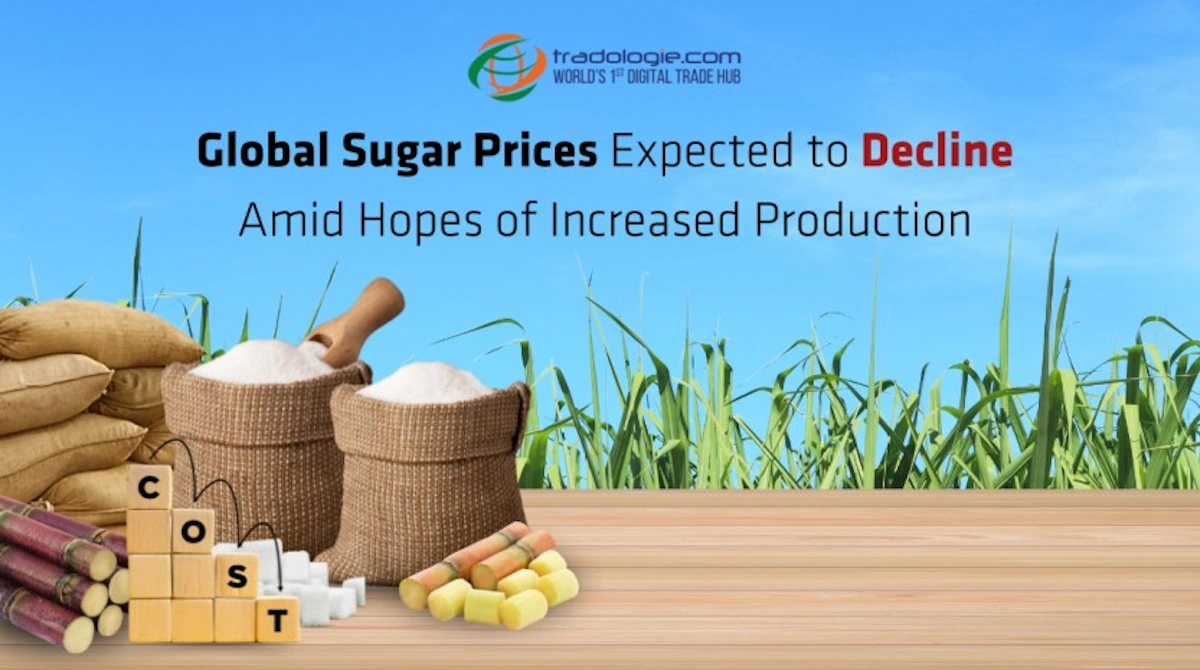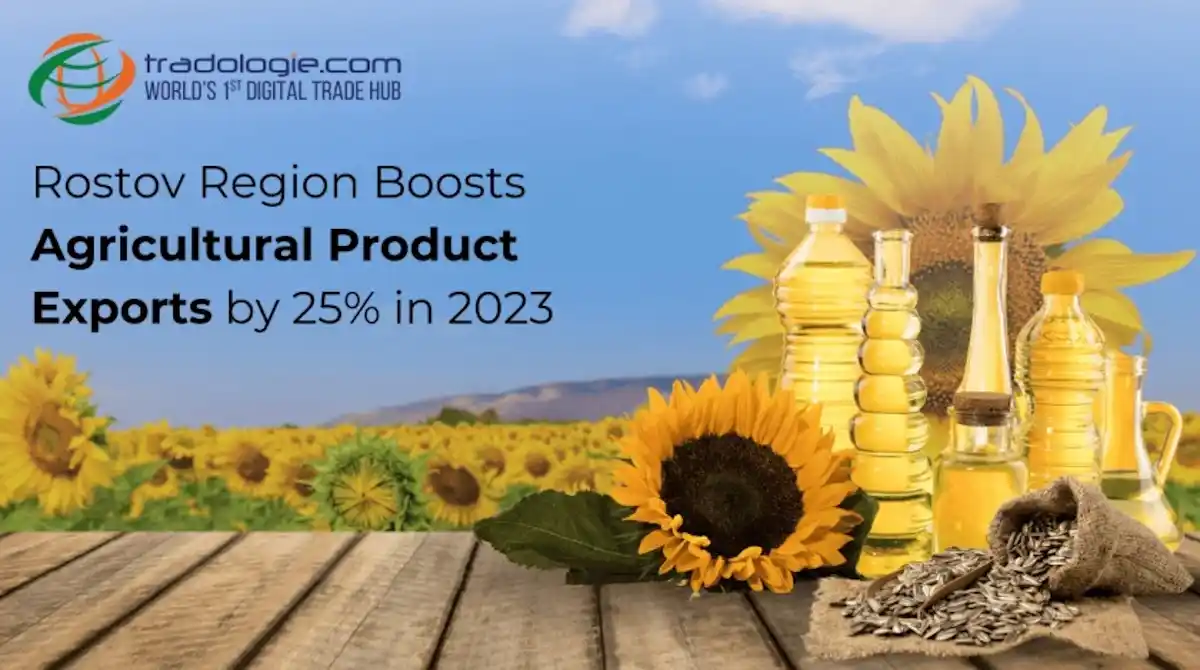Introduction: India’s Strategic Position in the Global Processed Food Supply Chain
India’s packed food and processed agro-products sector has emerged as a critical node in the global FMCG and whole sale food ecosystem. Backed by a strong agricultural base, cost-effective production capabilities, and policy-led infrastructure growth, Indian suppliers are now key participants in the international food trade landscape. With processed food exports touching USD 10.88 billion in FY 2023-24, constituting 23.4% of total agri-food exports, India’s processed food segment has transitioned from domestic-scale operations to structured global supply integration.
sale food ecosystem. Backed by a strong agricultural base, cost-effective production capabilities, and policy-led infrastructure growth, Indian suppliers are now key participants in the international food trade landscape. With processed food exports touching USD 10.88 billion in FY 2023-24, constituting 23.4% of total agri-food exports, India’s processed food segment has transitioned from domestic-scale operations to structured global supply integration.
Sectoral Overview: Processed Food as a Key Contributor to India’s Agri-Export Basket
Data from Invest India indicates that agricultural and processed food exports in FY 2023-24 were valued at USD 46.5 billion. Processed food, in particular, remains a high-value component, driven by growing interest from global distributors, institutional buyers, and regional FMCG consolidators. Categories such as ready-to-eat meals, dairy derivatives, pickled goods, spice blends, and packaged grains have seen expanded shelf presence in Asia, the Middle East, and parts of Africa.
Over the last eight years, the food processing sector has maintained an average annual growth rate of 5.35%, reflecting structural demand and robust domestic throughput. The scale and quality alignment now achieved across major processing clusters have made Indian exporters viable partners for consistent, compliant, and competitive supply.
Infrastructure-Led Competitiveness: Enhancing Processing and Export Capabilities
The Ministry of Food Processing Industries (MoFPI) has driven significant transformation in processing infrastructure. Key interventions include:
- 41 Mega Food Parks, with a combined capacity exceeding 4 million metric tonnes (MMT), of which 24 are fully operational
- 76 Agro-Processing Clusters, focused on value addition at the farm gate
- 400 Cold Chain Projects, adding over 35 MMT of preservation capacity
- 209 Food Safety & Quality Assurance Facilities, aligned with domestic and global standards
These developments reduce post-harvest losses, enable real-time processing, and ensure that packed food units meet stringent international norms, creating seamless channels for high-volume exports.
APEDA’s Strategic Export Push: Collaborative Vision for Growth
The Agricultural and Processed Food Products Export Development Authority (APEDA) recently convened a Chintan Shivir in New Delhi, bringing together policy stakeholders and industry leaders to deliberate on scaling exports. Commerce Secretary Shri Sunil Barthwal highlighted key focus areas: reducing logistical bottlenecks, improving global market access, and integrating research institutions to support innovation in sustainable processing.
This initiative aligns with India’s broader strategy to increase the global footprint of its agri-food sector through:
- Enhanced logistics and port integration
- Bilateral market access initiatives
- Upgradation of export inspection and compliance frameworks
- Institutional support for branding and certifications
Such multi-level efforts directly benefit exporters by reducing transaction friction and ensuring readiness for procurement by bulk buyers, retailers, and food service providers across borders.
Product Diversification: Leveraging Agricultural Strengths
India’s food processing potential is intrinsically linked to its agricultural scale. In FY 2023, India produced approximately 212 million metric tonnes of vegetables and 112 million metric tonnes of fruits. The diversity of raw materials—from spices and grains to tropical fruits and pulses—has enabled exporters to serve niche and mainstream markets alike.
India’s leadership in cereal exports—particularly Basmati and Non-Basmati rice, which together make up 95% of cereal-based exports—is also a key driver. Export destinations like Saudi Arabia, Iran, Iraq, Benin, the UAE, and Vietnam reflect strong demand for processed derivatives, including rice-based mixes, heat-treated, packed variants, and fortified food products.
Quality Compliance and Standardisation: Meeting Global Procurement Criteria
India’s food exporters are increasingly focused on compliance protocols such as Codex standards, labelling transparency, and traceability systems, key for entry into institutional and regulated markets. MoFPI’s 209 food safety labs play a pivotal role in enabling exporters to consistently meet the safety and shelf-life criteria of importing countries.
For global B2B buyers—particularly those sourcing through wholesale channels, distributors, and HORECA supply chains—these quality measures offer risk assurance and procurement consistency.
Platform-Driven Facilitation: Tradologie’s Role in Export Facilitation
In alignment with the national vision to expand India’s agri and processed food exports, platforms like Tradologie.com continue to play a facilitative role by connecting Indian millers and merchant exporters with verified global buyers. While not formally associated with APEDA or government initiatives, Tradologie’s operational model—rooted in direct buyer-seller engagement without intermediaries—supports the broader goals of transparency, scalability, and efficiency in agri-export trade.
With a presence across over 100 countries and a digital ecosystem that supports export and procurement for rice, spices, processed food, edible oils etc., Tradologie complements India’s infrastructure-led export push by offering:
- Real-time negotiation with genuine global buyers.
- Export compliances with complete end-to-end support.
- Lesser intermediaries, which means smooth and efficient trade.
- No-cost procurement for importers, encouraging repeat institutional demand
The platform’s commitment to reducing inefficiencies and enhancing global market linkages makes it a credible enabler in India’s ambition to scale processed food exports sustainably.
Conclusion:
India’s packed food export ecosystem stands at a compelling juncture, backed by a diversified supply base, strong policy backing, scalable infrastructure, and a growing digital trade interface. As APEDA and MoFPI steer strategic discussions around sustainable growth, platforms like Tradologie continue to amplify market access for Indian exporters in real terms.
The sector no longer depends on episodic trade windows but is structurally embedded into global food procurement strategies. With continued alignment between government frameworks and private facilitation mechanisms, Indian processed food exports are set to become a mainstay in global FMCG and wholesale food value chains. Platforms like Tradologie are also playing a critical role in this trade facilitation globally.

